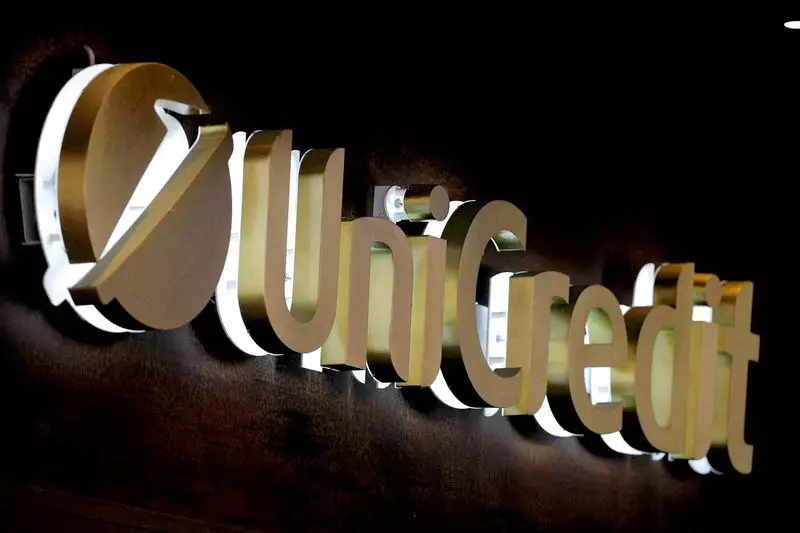The Italian banking giant UniCredit finds itself at the center of a complex legal and regulatory challenge that has significant implications for its operations in Russia. This situation has arisen as the European Central Bank (ECB) has mandated a significant downsizing of the bank’s Russian presence, sparking a legal dispute that has yet to resolve more than four months after UniCredit initially filed an objection. As the timeline drags on, pressures mount on the bank to exhibit compliance with the ECB’s directives, all while maintaining its operations and navigating the contentious geopolitical backdrop that dictates the current banking landscape.
The ECB’s demands have been extensive, instructing UniCredit to curb its business activities in Russia, halt new deposits, and impose stringent restrictions on payment processes. These requests come as the ECB seeks to ensure financial institutions are not exacerbating risks associated with the ongoing conflict between Russia and Ukraine. In response, UniCredit’s leadership, particularly CEO Andrea Orcel, has articulated concerns regarding potential conflicts with Russian law, arguing that compliance with the ECB’s orders may not only be impractical but legally challenging.
In June, UniCredit escalated its response by appealing to the European Union General Court to annul these ECB orders. Moreover, the bank has been aiming to suspend the enforcement of these regulations while its legal case is heard, asserting that the future of its Russian operations hangs in the balance. According to remarks made earlier this year, the bank continues to express its commitment to significantly reducing its Russian footprint by 2025, indicating a willingness to cooperate under the right conditions.
The waiting game for a court decision only heightens the tension. The protracted nature of the legal proceedings may have broader implications for UniCredit’s operational strategy in Russia. The ECB’s position rests on protecting European financial interests while mitigating risks linked to money laundering and terrorism financing, a sensitive area given the current geopolitical climate. The potential for increased scrutiny during mergers, particularly with UniCredit’s interests in boosting its stake in Germany’s Commerzbank, adds another layer of complexity to the situation.
As part of its long-term strategy, UniCredit has set ambitious targets, aiming to reduce cross-border payments to below €8.5 billion and local deposits to less than €2 billion by 2025. However, achieving these goals within the context of compliance with ECB mandates presents a daunting challenge, especially with the legal hurdles it currently faces.
UniCredit’s connections to Russia trace back to the inception of International Moscow Bank, a pioneer in foreign institutional funding during the early post-Soviet era. Over the years, the bank has evolved, but its historical ties remain relevant. With the onset of the Ukraine conflict in 2022, UniCredit’s decision to maintain large operations in Russia, alongside Austria’s Raiffeisen, has raised eyebrows and drawn criticism in Europe, where financial institutions are increasingly wary of their involvement in the Russian market.
Looking ahead, UniCredit’s ability to effectively navigate these challenges while attempting to comply with ECB demands and address legal constraints will be crucial to its reputation and operational viability. The outcomes of its appeals and the subsequent decisions by the ECB will likely shape UniCredit’s strategic directions and risk approach in the years to come.
In essence, UniCredit is at a crossroads. The intersection of regulatory compliance and existing geopolitical realities not only threatens its operational stance but also its broader strategic ambitions. As the bank awaits a court ruling that could further define its path, the banking community watches closely. The implications of this legal battle extend beyond UniCredit itself, potentially signaling how other financial institutions may respond to heightened regulatory pressures in turbulent geopolitical waters. As the situation develops, it remains to be seen how UniCredit will reconcile its legacy in Russia with the modern challenges posed by regulatory frameworks and shifting public sentiment.

